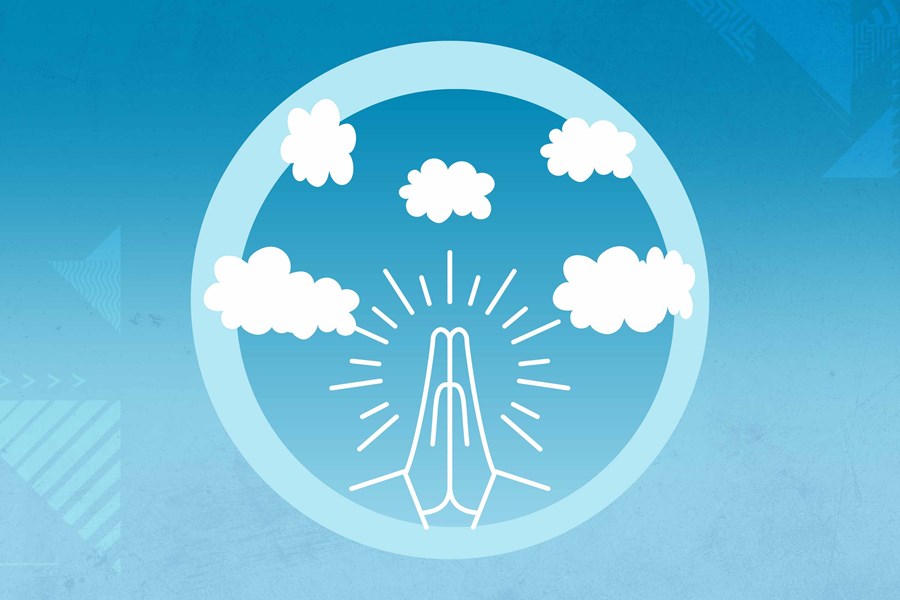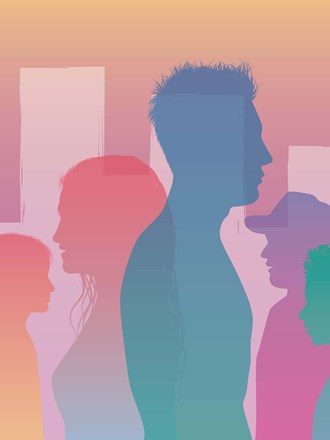
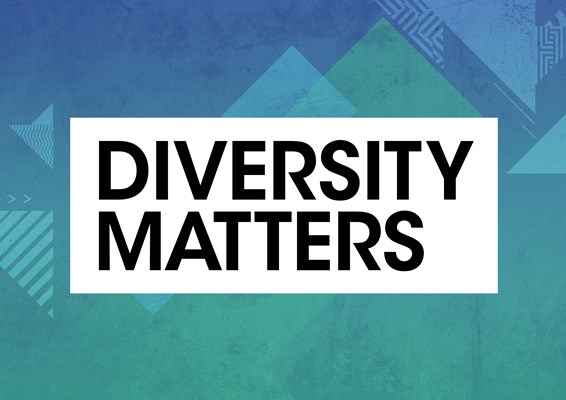
equality, diversity & inclusion Diversity Matters
At The University of Law, we are proud of our rich and diverse student population. Thanks to our breadth of courses, we are delighted to welcome students from all walks of life and across the globe. We recognise the value of every student and employee and celebrate their diversity. We strive to improve accessibility for all to study legal and business education. In recognition of our commitment and work so far, we are proud to have been rated 5 Stars by QS Stars for Inclusiveness. We are committed to continuous improvement to ensure we provide an environment where all differences are valued and celebrated.
Diversity Inclusion and the Equality Act 2010
Equality, diversity and inclusion encompasses all that we do at The University of Law. We aim to offer a positive culture of work and study, where everyone feels valued and has opportunity to progress.
Find out moreDisability
Our Disability Support and Inclusion Service provides a confidential, professional and accessible service, ensuring equal opportunity, access and attainment for all.
Find out moreEthnic Diversity
The University of Law is an ethnically diverse university and we are committed to supporting students and staff from ethnic minority backgrounds to achieve in their courses and place of work, and to progress within their chosen career paths.
Find out moreLGBTQ+
As a University we are proud of our LGBTQ+ community and support both students and staff who identify as so. We believe in creating a safe space for all, and improving accessibility and inclusion.
Find out moreMental Wellbeing
No matter who you are or where you live, we all need to look after our mental health and the mental health of the people around us. We understand that our students may need some extra support whilst studying with us and whether it's personal or study based, we provide support at every step of the way.
Find out moreParenting and Caring
We want our people to experience a manageable work-life balance, one of the ways we do this is to support the needs of those caring for others.
Find out moreReligion and Belief
We recognise our University community includes people who follow different religions and those of no religion and belief. We strive to create an environment where these different choices are respected.
Find out moreSex, Gender and Gender Reassignment
We are committed to promoting equality, gender diversity and inclusivity throughout all its activities and across the workplace.
Find out moreSocial Mobility
As a University we are committed to improving social mobility, widening accessibility and supporting talented students to realise their full potential.
Find out more
diversity & inclusion2025 EDI Calendar
Our 2025 Equality, Diversity and Inclusion Calendar has been developed to include the dates of events of cultural, historical, global and religious significance.
Diversity Inclusion and the Equality Act 2010
At The University of Law we value our diverse community and recognise the value of offering an inclusive environment, where all our staff and students can acheive their potential and thrive.
Definitions
Equality
Our equality work is guided by the Equality Act 2010, which identifies nine characteristics legally protected from discrimination. These are:
- Age
- Disability
- Gender reassignment
- Marriage and civil partnership
- Pregnancy and maternity
- Race
- Religion or belief
- Sex
- Sexual orientation
As a University, we recognise additional identities not defined in the Equality Act 2010, which are traditionally underrepresented in higher education or at risk of harassment and discrimination. For this reason, our work is flexible and reaches beyond our legal obligation.
Diversity
Our diversity comes from the range of people we employ, teach and train; for instance, people of different ages, disabilities, ethnicities, genders, religions and sexual orientations.
Inclusion
Our focus on inclusion ensures that people regardless of identity or background are all equally welcome and valued here. This means working with our community to monitor and improve our processes and practices to ensure they are free from bias or discrimination. This also means offering a recognised and effective route through which our staff and students can report incidences of bullying, harassment and discrimination.
Intersectionality
Whilst there are defined personal and social characteristics, people present a combination of characteristics and this will impact on their experience of the world. It is important for us to consider where multiple characteristics overlap, as these intersections can expose individuals to additional disadvantage or discrimination.
Safe Inclusive Campus
The University of Law is committed to provide an environment where all students and staff can work and study without fear of harassment, discrimination or bullying. Our Dignity at Work and Study Policy and codes of behaviour outline the conduct expect of all our people.
Our Safe Inclusive Campus work provides training to our staff and students in identifying, preventing and reporting unwelcome behaviour and we encourage our community to engage with these. We also host regular events to raise awareness and promote welfare, in line with our culture of inclusivity.
Reports of unacceptable behaviour or wellbeing concerns can be made online at ReportAndSupport.law.ac.uk
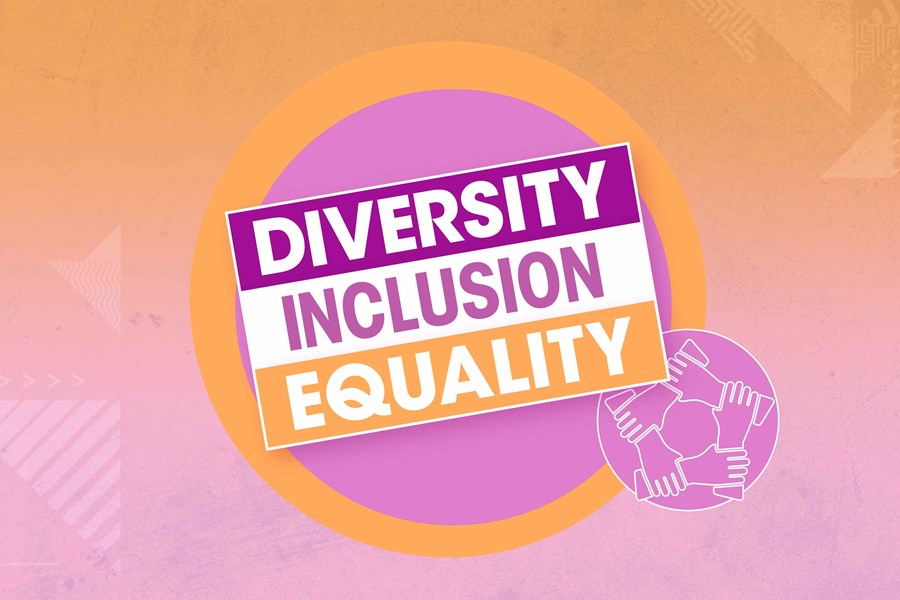
Social Mobility
As a university, we believe we can and should play a positive role in increasing social mobility. Students access to education and opportunities should not be dependent on their economic and social position. Below, we look at the work we do to improve social mobility.
Event Videos
Diversity Matters Social Mobility Event: 22nd July 2021
Sam Butler: Employment Solicitor at Thompsons Solicitors
Alumnas Sam shares why the Law Society is focussing on the importance of access and success in the legal profiession.
Liah Roberts: Trainee Solicitor at Fieldfisher
Alumna Liah shares her own experiences of starting a legal career in London coming from a working-class background.
Caroline Carter: ULaw London Moorgate Dean
As the first member in her family to go to university, Caroline describes her journey from state comprehensive school, to a law firm partner, a non-executive and now in her second executive career as Dean.
Musa shares his story of coming to the UK as an unaccompanied asylum seeker to finishing his law degree, and his 'Change the World Fund' entry.
Our four panelists answer question from their talks.
Social Mobility Blogs
Additional Resources
ULaw's Student Support Services
upReach - External organisation to support students from disadvantaged backgrounds.
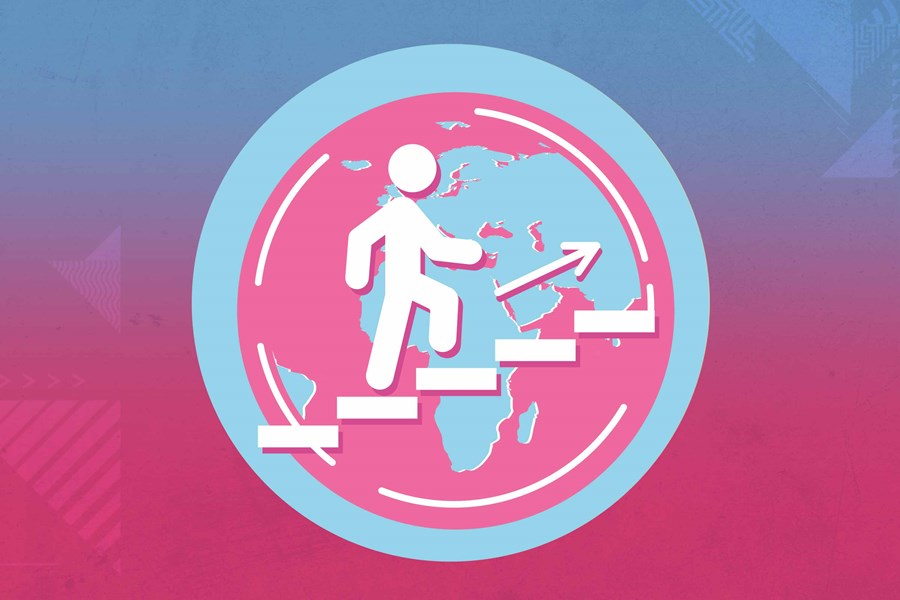
Mental Wellbeing
Our students’ wellbeing is at the heart of everything we do. Whether you need assistance with research, health or personal wellbeing, our Counsellors, Student Welfare Advisors and Disability Support Advisors are here to help. Below, you’ll find details on our services and how we can help you.
University Mental Health Charter
The University is a member of the University Mental Health Charter Programme, developed through the collaborative work of Student Minds, AMOSSHE, OfS, NUS and UUK, which acknowledges a whole-university approach in identifying areas for improvement and embedding best practice.
In signing up to the Charter, the University has pledged a commitment towards creating and sustaining an environment which supports the mental wellbeing of our community through embedding evidence-informed policies and practices which underpin this.
University Mental Health Charter
Everybody has a part to play in supporting good mental health.
The University Mental Health Charter Programme brings together universities committed to making mental health a university-wide priority to share practice and create cultural change.
The Charter provides a framework for supporting and promoting good mental health and mental wellbeing across all areas of the University. The Charter is composed of 18 themes mapped against four domains – Learn, Support, Work and Live - together with five enabling themes. There is further information about these domains on the Charter’s website.
Our work will be guided through five dedicated workstreams set up to ensure a coordinated approach to activities, led by a project steering group and informed by contributions from a diverse group of our staff and students.
Event Videos
Diversity Matters: Mental Wellbeing Event: 13th May 2021
Sonay Erten: Trainee Solicitor in Litigation and Personal Injury at Saracens Solicitors
Alumna Sonay shares her personal experiences and the strategies that she has found to be beneficial to promote mental wellness, along with you to support others struggling with mental illness.
Fay Sayers: Surpervising Solicitor and ULaw Lecturer at our Leeds Campus
Lecturer Fay discuss supporting people from all ages, backgrounds and ethnicity with legal advice if they come into contact with mental health services, and ensuring those who do know their rights.
Celine Winham: Employment Solicitor at Bolt Burdon
Alumna Celine discuss her personal experiences with mental health and wellbeing during her career in law, as well as sharing her thoughts on why the profession is slow to take action.
Our panelists answer questions from their talks.
Mental Wellbeing Blogs
Diversity Matters: Mental Health & Wellbeing Event write up
Diversity Matters: An interview with Celine Winham
Diversity Matters: An interview with Shanika Varga-Haynes
Tackling the student mental health crisis with our Student Wellbeing App
The Wellbeing Adviocate: An Interview with Eloise Skinner
Everything you need to know about TogetherAll
Additional Resources
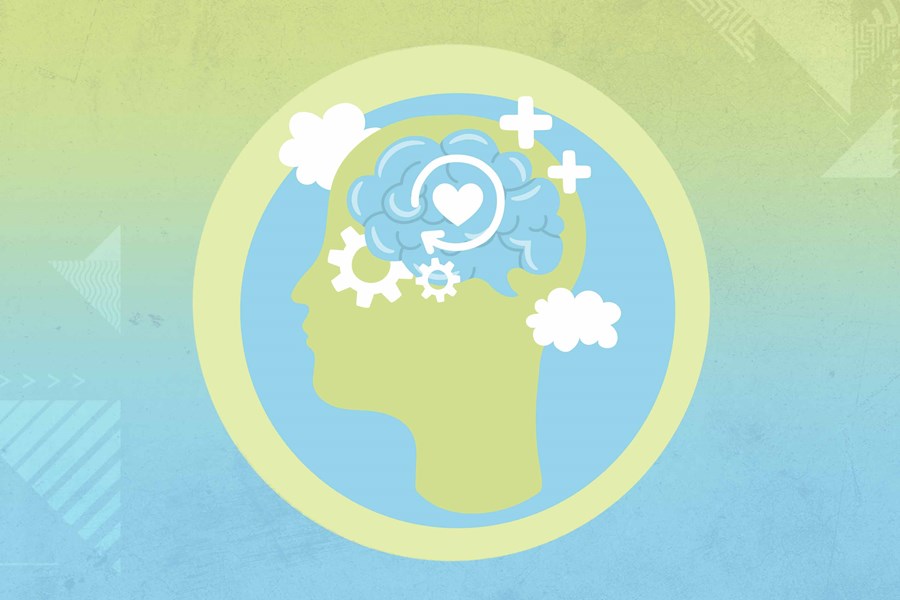
Disabilities
A Disability is defined in the Equality Act 2010 as a physical or mental impairment, which has a substantial and long-term adverse effect on a person’s ability to carry out normal day-to-day activities.
Event Videos
Diversity Matters: Disability Event: 2nd December 2021
Alumnas Martin shares an account of what he has epxerienced, and had to overcome, along with support available from The Law Society and its affiliated Junior Lawyers Division Group.
Gave McCrudden: University of Law Disabled Student's Liberation officer.
Liberation officer Grace shares a reflection on her experiences of becoming disabled, what she has learnt since, and why she is dedicated to making changes in todays society.
Scarlett Bruce: Deputy Head of Legal services of the NHS.
Alumna Scarlett was diagnosed with Epilepsy at the age of 15, and so has navigated studying, qualifying and working in law, whilst managing a long-term health condition.
Jane Del-Pizzo: Acquisitions & Cataloguing Librarion at ULaw
ULaw staff member Jane discusses how fatigue can co-occur with several health conditions, and shares some of her methods and strategies that she has found helpful for deal with ongoing fatigue.
Haleemah Sadia: Casework Officer for the Kent Police and Crime Commissioner
Alumna Haleemah talks about being a visually impaired aspiring barrister, her career where she currently works at the Police and COmmissioners office and her previous work for the Right Honorable David Lammy.
Our panelists answer questions from their talks.
Disability Blogs
Additional Resources
Visit our Disability and Inclusion Support Service hub for more information about how the service can help you.
Contact your Student Union Disabilities Liberation Officer, Grace McCrudden: [email protected]
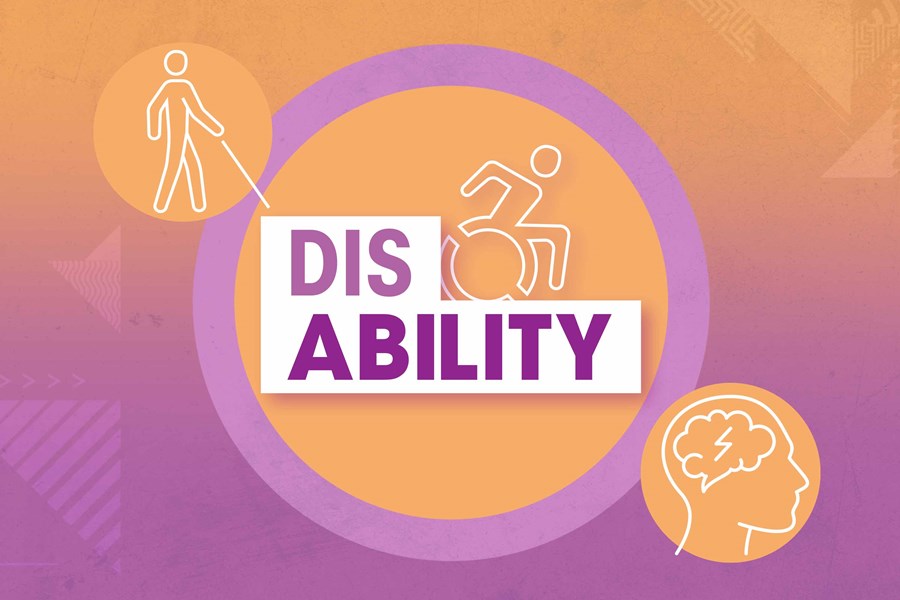
Ethnic Diversity
Our University is strengthened by our diverse ethnic community. We are proud of the breadth of ethnicities and cultures represented amongst the students choosing to study with us. We want everyone to feel valued and acknowledged and we strive to create teaching environments that represent the diverse community of students we serve.
Discover more about our efforts to support ethnic diversity below.
Race Equality Week
Race Equality week takes places from 3 to 7 February. It is an annual UK-wide event that unities individuals and organisations to address the barriers of race equality.
We are taking part in #RaceEqualityWeek25, a week where organisations and employees across the country unite in activity to address race inequality in the workplace. This year’s theme is #EveryActionCounts. If every person takes on action , huge change can happen.
Days 1 – 4 each have:
- A specific theme
- An eye-opener (a daily self-reflective question related to the theme).
- A thought-provoking 2 – 4 minute video*
- A bit of theory/science to explain how actions or behaviours may impact feelings of being included or belonging.
- Simple suggestions on how to take action.
- Access to additional resources suggested by the community, if people would like to explore topics further in their own time.
*Important: Please be aware that the videos included in each challenge are powerful and informative, and include lived experiences and sensitive subjects, which can be particularly upsetting for ethnically diverse colleagues. These videos have been selected by the Race Equality Matters community to help others get a deeper understanding of the issue being focused on. You are not obliged to watch the video to the end.
Day 5:
- Take action – Make a big promise
Find out more: https://www.raceequalitymatters.com/race-equality-week/
Day 1 – Challenge
Day 2 – Challenge
Day 3 – Challenge
Day 4 – Challenge
Day 5 – Challenge
Finally we ask you to share your experience of REW here.
Event Videos
Diversity Matters: Ethnic Diversity 14th October 2021
Diana Lupa: Trainee Solicitor at Trowers & Hamlins LLP
Alumna Diana shares her journey to become a trainee solicitor at an international law firm in London, the challenges encountered and how diversity should be a top priority for students when researching firms.
Jacqueline Cheltenham: National Programme and Student Affairs Director at ULaw
Staff member Jacqueline shares ways she is working with staff and students on ker areas to improve Ethnic Diversity moving forwards.
Ibrahim Ilyas: Student and BAME advocate at ULaw
Current student Ibrahim talks about his journey to the Bar so far and why it's so important to be an ally. He will be exploring his upbringing and the challenges that he has faced.
Fatmata Daramy: Widening Participation officer at ULaw
Staff member Fatamata share the work that she does as part of the widening participation team, how she works with staff and students a like and ways that individuals can get involved across all areas of WP
Our panelists answer questions from their talks.
Ethnic Diversity Blogs
Additional Resources
The University of Law Diversity and Inclusion Advocate Scheme recruits current students to work together with University staff to support and empower Black, Asian and Minority Ethnic Students. Find out more here or email [email protected] for more information.
Read our statement about the Black Lives Matter movement.
Visit our Black, Asian and Minority Ethnic Student Support page.
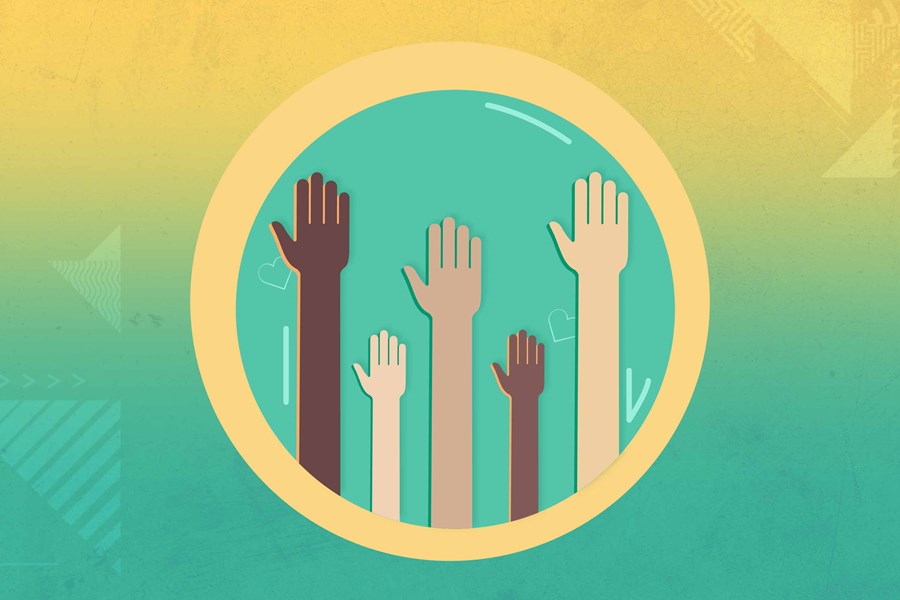
LGBTQ+
The University of Law welcomes and supports all members of the LGBTQ+ community and aims to create an environment where you can bring your full identities to University. Below you’ll find details on the events and groups we have in place to support our LGBTQ+ students, employees and friends.
Event Videos
Diversity Matters: LGBTQ+ Event 25th February 2021
Matt Tomlinson: Leeds Campus Dean
Leeds Dean Matt shares his experiences in the legal sector as a gay man, how it has changed and what more can be done.
Emma Niit: University of Law Alumna
Alumna Emma gave us a whirlwind tour of the weaknesses in our existing equality law protections, highlight some interesting opinions people have about how others choose to live their lives.
Karen Holden: Founder and Managing Director of A City Law Firm
Alumna Karen discusses what it menas to be an LGBTQ+ equality employer and ally within the industry. As a firm they promote and fight for equality for alternative families and LGBTQ+ Rights.
Our panelists andswer questions from their talks.
LGBTQ+ Blogs
Additional Resources
Contact your Student Association LGBTQ+ Liberation Officer: [email protected]
The University has a LGBTQ+ Staff Network Group, anyone interested in joining can contacted at [email protected]
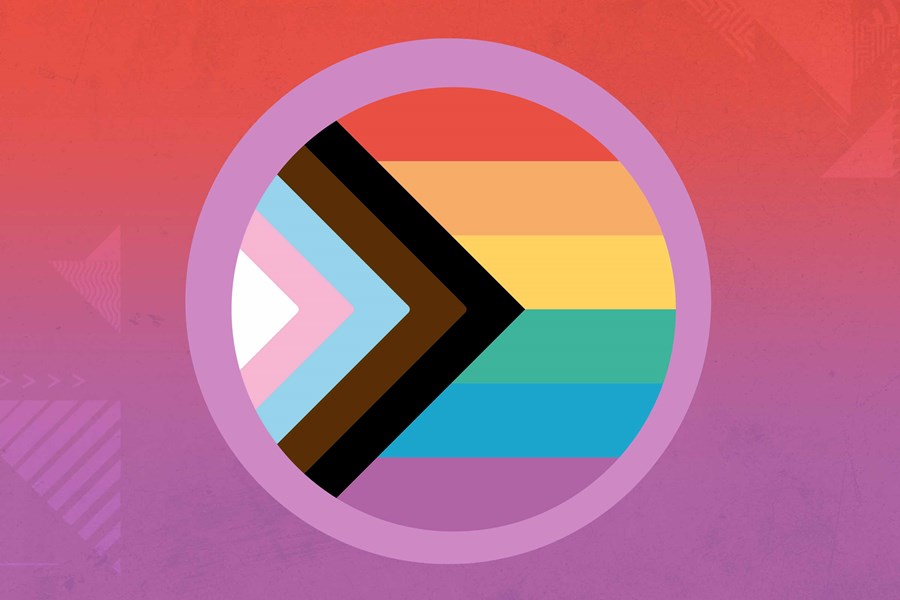
Sex, Gender and Gender Reassignment
As a University we are committed to promoting equality of opportunity, regardless of sex or gender identity. We strive to create a safe environment which encourages and supports our community to be proud of who they are and ensure inclusivity throughout all activities across the University.
Event Videos
Diversity Matters Gender Event: 11th March 2021
Daisy Daynes: Ulaw Student UnionWomen's Liberation Officer
Student Union officer Daisy explorse the possibility of deconstruting learned gendered behaviour, and why it is important confront the uncomfortable internalised misogyny that exists.
Matt Tomlinson: Leeds Campus Dean
Leeds Campus Dean Matt will be discussing ways in which businesses can succesfully implement positivie change for gender diversity and inclusion
Amel Fenghour: Associate at Herbert Smith Freehills
Amel shares an overview of the impact of gender in law firms and how firms and individuals can educate, advocate and contribut to positive changes.
Our panelisits answer questions from their talks.
Definitions
Sex
Sex refers to biological characterisitcs a person possesses, used to register sex at birth. Most commonly observed from a person’s external genitalia, sex is also determined by a person’s chromosomes, gonads and hormones. We recognise an individual can be ‘intersex’ or with ‘differences of sex development’, which is separate from ‘male’ or ‘female’. Intersex/DSD describes a variety of differences in sex characteristics. This can make binary assignment of sex (as 'male' or 'female') at birth unsuitable for certain people, which is why some countries do provide legal recognition of intersex if an individual chooses.
Gender
Gender refers to the attitudes, feelings and behaviours that a culture associates with a person's biological sex. Gender exists along a spectrum, with individuals able to choose how they identify (or not) with regards to gender and this identify may change during their life. For those who have a gender identity, the majority will identify with the gender commonly associated with their sex (for examples, females identifying as women). However we cannot assume a person's gender identity from their sex, sexual orientation, clothing or other external presentation. .
Gender reassignment
Often a person's gender corresponds to the gender commonly associated to their sex and trans people identify with a gender different to that first assigned to them. Whilst transgender is one trans identity, the term ‘trans’ can be considered an umbrella term which includes a number of different identities and people can move between identities throughout their life. Under the Equality Act 2010, a person is protected from gender reassignment discrimination from the moment they decide to identify as a gender different to the one associated with their sex. You are protected before, during or after undergoing any specific treatment or surgery to change to your preferred gender.
The Equality Act says that you must not be discriminated against because:
- of your gender reassignment as a transsexual or transgender person
- someone thinks you are transsexual, for example because you occasionally cross-dress or are gender variant (discrimination by perception)
- you are connected to a transsexual person, or someone wrongly thought to be transsexual (discrimination by association)
Gender Blogs
Additional Resources
Contact your Student Association Women's Liberation Officer: [email protected]
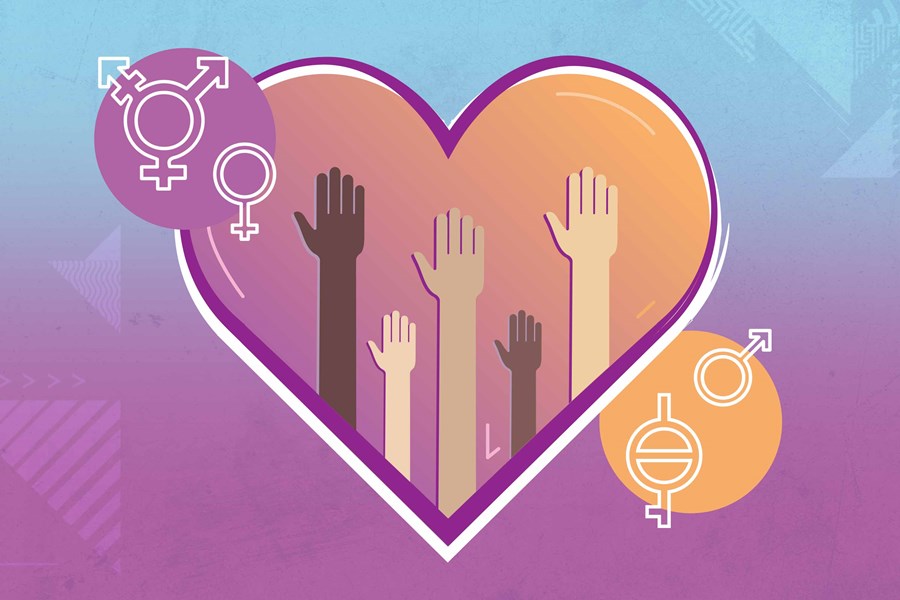
Parenting and Caring
The University delivers family-friendly policies and practices to support a balance between your work, study and home life. We offer a variety of study options so you can choose a way which fits around your parenting and/or caring needs.
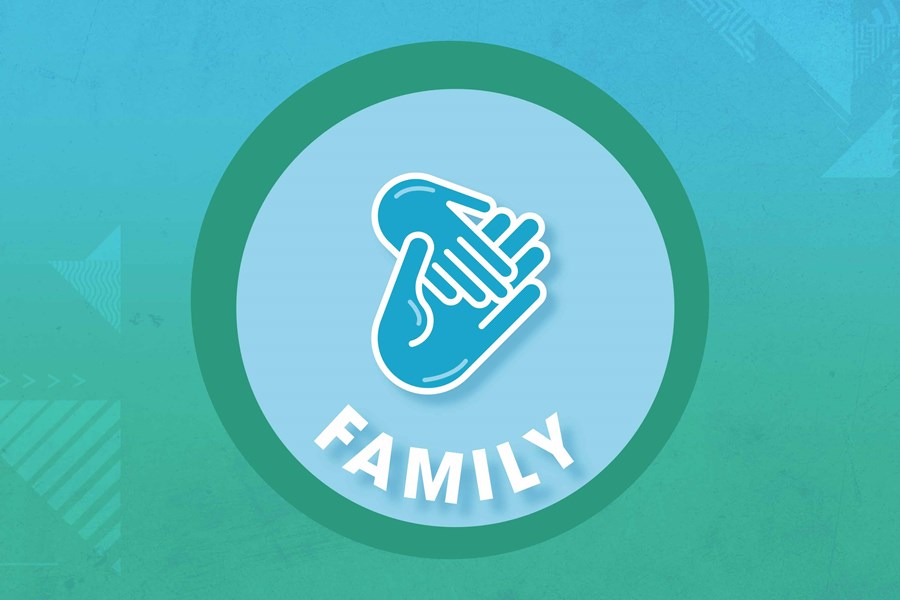
Religion and Belief
We recognise the value an individual’s religion or spiritual belief can have on their lives and try to support the observation of religious practice where possible. We offer prayer and meditation facilities on campus, chaplainship support (to offer provide spiritual leadership and counselling) and our Student Union can tell you more about the various student societies that are available to connect with.
We also respect the right of individuals to not follow a religion, or any religion or belief. We expect our community to treat each other with dignity and respect, despite having different beliefs.
Definition of Antisemitism
The University has adopted the International Holocaust Remembrance Association’s working definition of antisemitism.
‘Antisemitism is a certain perception of Jews, which may be expressed as hatred toward Jews. Rhetorical and physical manifestations of antisemitism are directed toward Jewish or non-Jewish individuals and/or their property, toward Jewish community institutions and religious facilities.'
We do not tolerate hate in any form. You can use our Report and Support platform to report any instances of bullying and harassment or gain support, anonymously if needed.
Definition of Islamophobia
The University of Law takes all forms of discrimination and harassment seriously. We do not tolerate hate in any form.
We define Islamophobia as follows:
Islamophobia is the fear of, hatred of, or prejudice against Muslims. This may be experienced by individuals or groups, targeted because of their perceived Muslimness or having a racial identity associated with Islam.
The University is committed to considering the adoption of other definitions that protect other minority groups who may feel vulnerable to discrimination and hatred.
All such definitions will be applied by the University with due regard to our responsibilities under the 2010 Equality Act, the University’s Equality Diversity and Inclusion Policy, our commitment to freedom of speech and other relevant policies.
